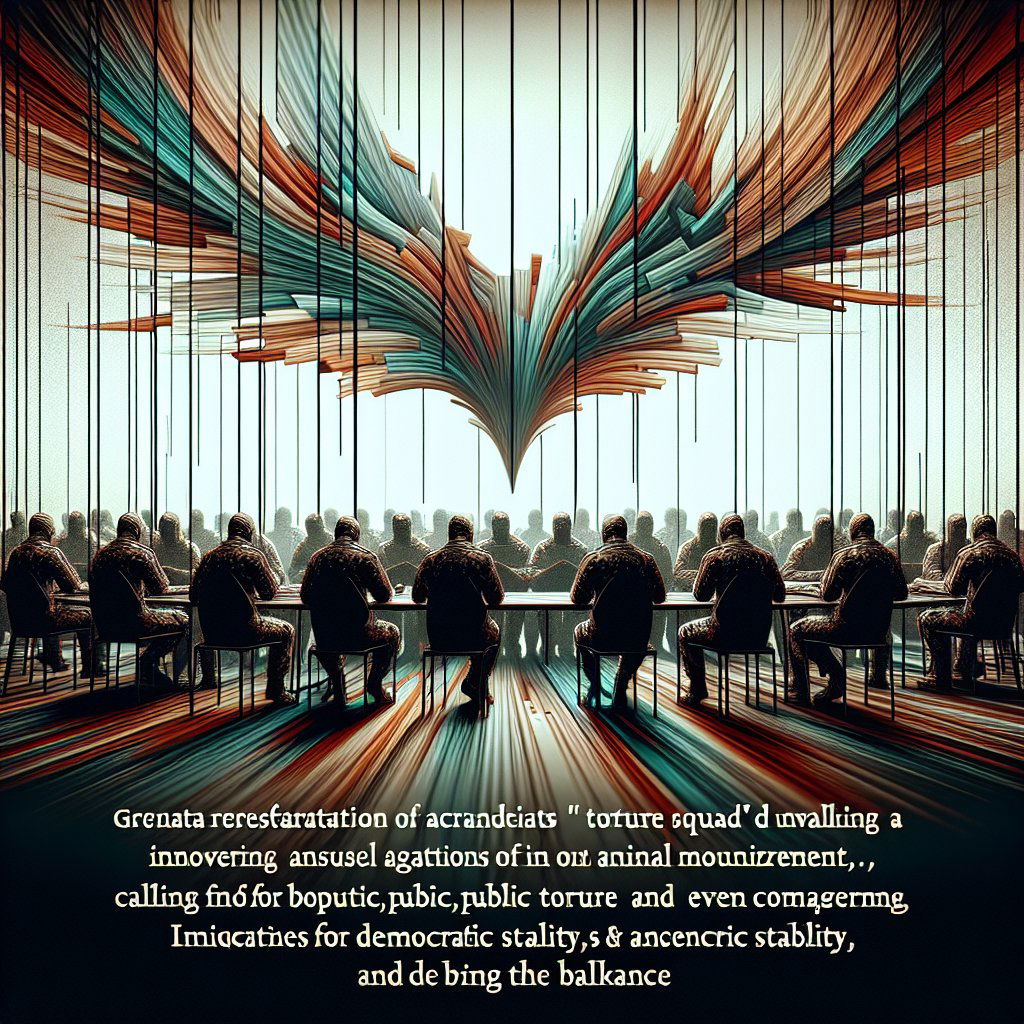Image: AI generated for illustration purposes
Exposé Unveils a Shadowy 'Torture Squad' Within SANDF
A chilling investigation has peeled back the layers of the South African National Defence Force (SANDF) to reveal what appears to be a clandestine 'torture squad' embroiled in serious allegations of criminal activity. A recent four-part investigative series published by the Daily Maverick and interviews conducted by OpenSecrets bring to the public a narrative that starkly contradicts the image of discipline and honor typically associated with national military establishments.
Evidence procured by OpenSecrets—a civil society organization committed to accountability and transparency—indicates the probable existence of such a squad within at least four units of the SANDF. The implicated groups, according to reports, are possibly involved in abhorrent activities, some dating as far back as 2019.
The unfolding story has its roots in the tragic assassination of Lieutenant-Colonel PN “Frans” Mathipa, an esteemed member of the Hawks’ Crimes Against the State unit. His premature death, caused by a bullet to the head in August, sparked a plethora of questions and set the stage for the unsettling discoveries.
Hennie van Vuuren, director of OpenSecrets, in discussions with Lester Kiewit and CapeTalk's John Maytham, elucidated the breadth of their findings and the extraordinary nature of the evidence placed before them. This evidence was not uncovered in isolation but emerged through testimonies from public service individuals and members of the public. They narrated harrowing accounts that encompass allegations of torture and even murder, linked to personnel tied to the military apparatus.
These testimonies appear to suggest a pattern of conduct that involves not just the Special Forces, but also elements within the Military Police and Defence Intelligence. The calculated involvement of multiple military units suggests that the alleged misconduct might be systemic rather than the actions of rogue individuals.
OpenSecrets has painstakingly connected the dots in this saga, revealing that a network within the SANDF may have orchestrated the assassination of Mathipa to throttle his investigations. His work, particularly in unearthing corruption and criminality within the Special Forces of the Defence Force, may have made him a target—his diligence becoming his peril.
The scope of these unsettling revelations has inevitably thrown the spotlight onto the management and oversight of the SANDF. It begs serious questions about the integrity and legality of its operations and casts a pall over the commitment to uphold constitutional and human rights within South Africa’s military ranks.
This news narrative exposes not only possible illegalities but also a potential crisis of governance within the rentiers of national security. The systematic nature of the accusations calls for an immediate and robust inquiry, one that should be in public interest to ascertain the truth and seek justice for the victims, including Mathiba.
In response to these troublesome claims, one anticipates an official stance from SANDF leadership and the intervention of relevant oversight bodies to ensure accountability. It remains paramount that the military, an embodiment of national sovereignty and protection, maintains an unblemished operating framework that aligns with democratic principles and human rights standards.
As this story unfolds, one must consider both the immediate response of the SANDF to these allegations and the broader implications for South Africa's rule of law and democratic stability.





